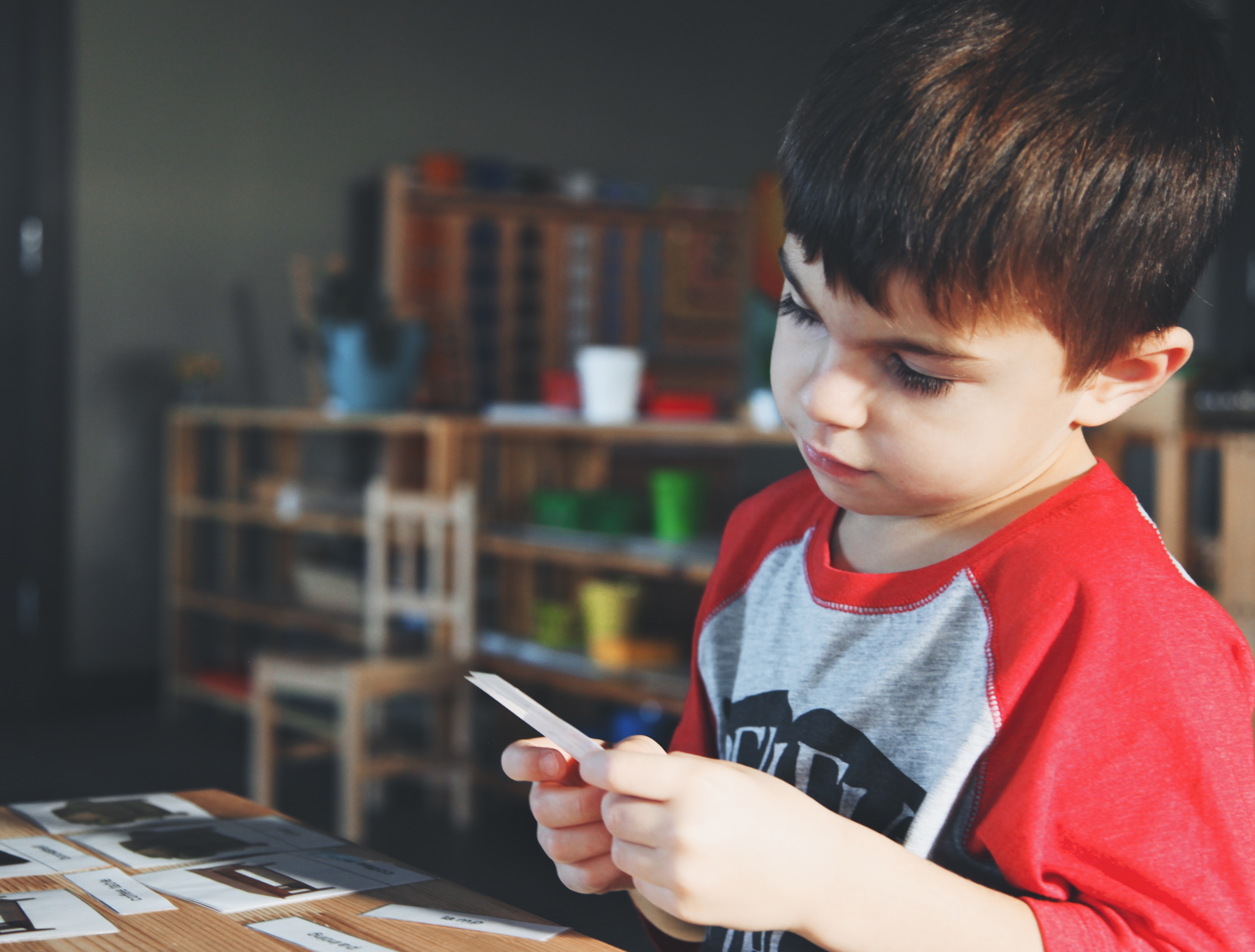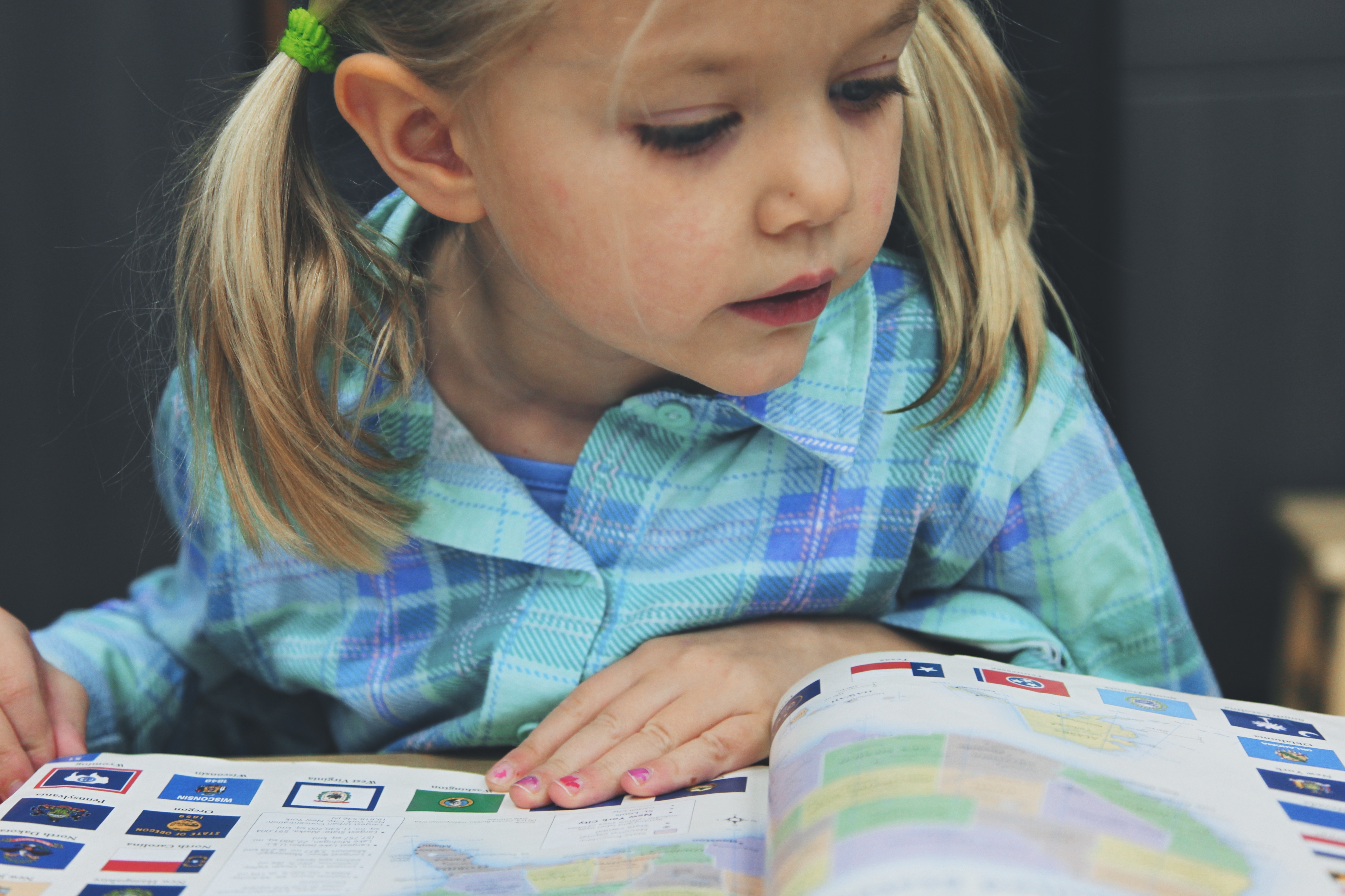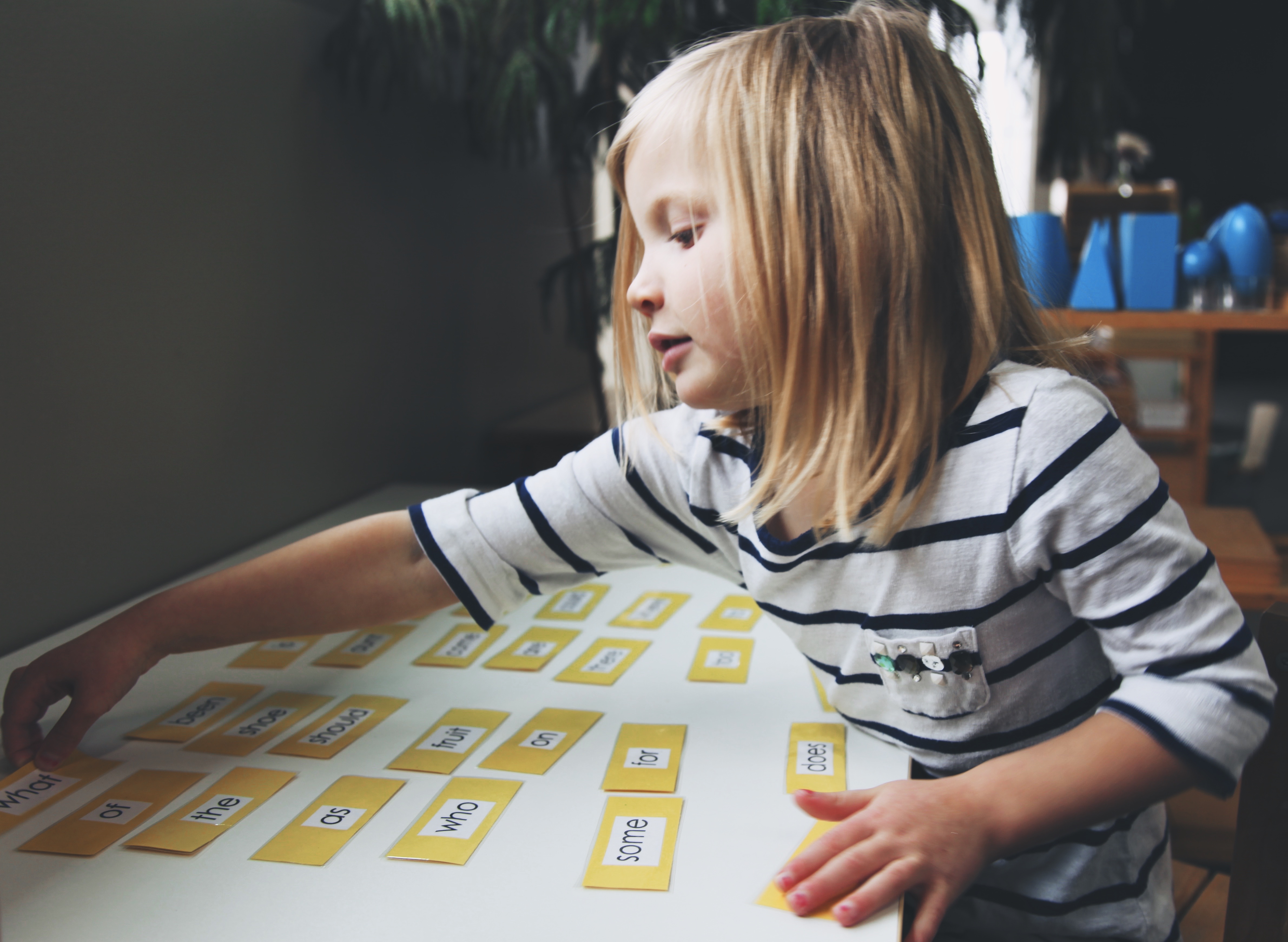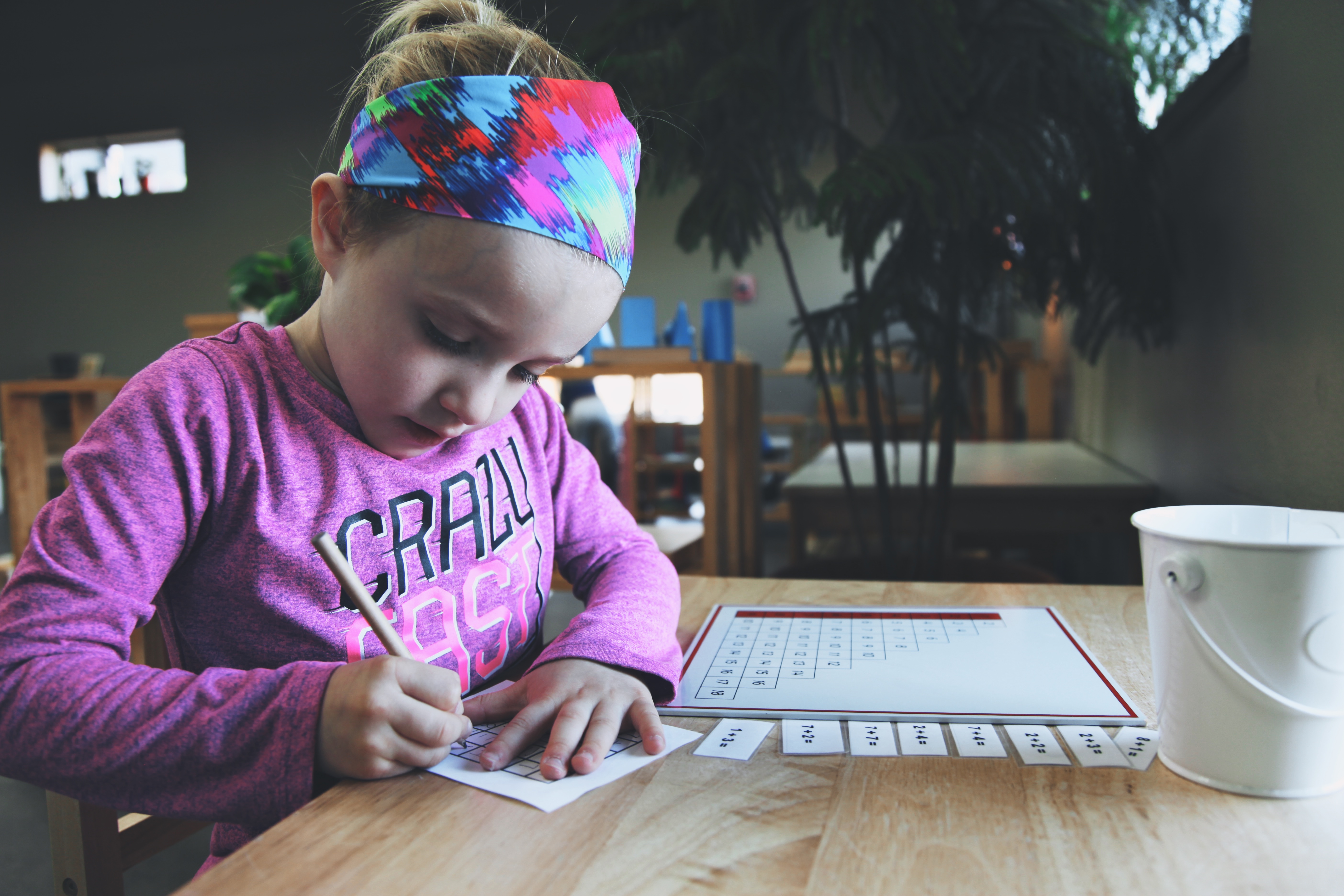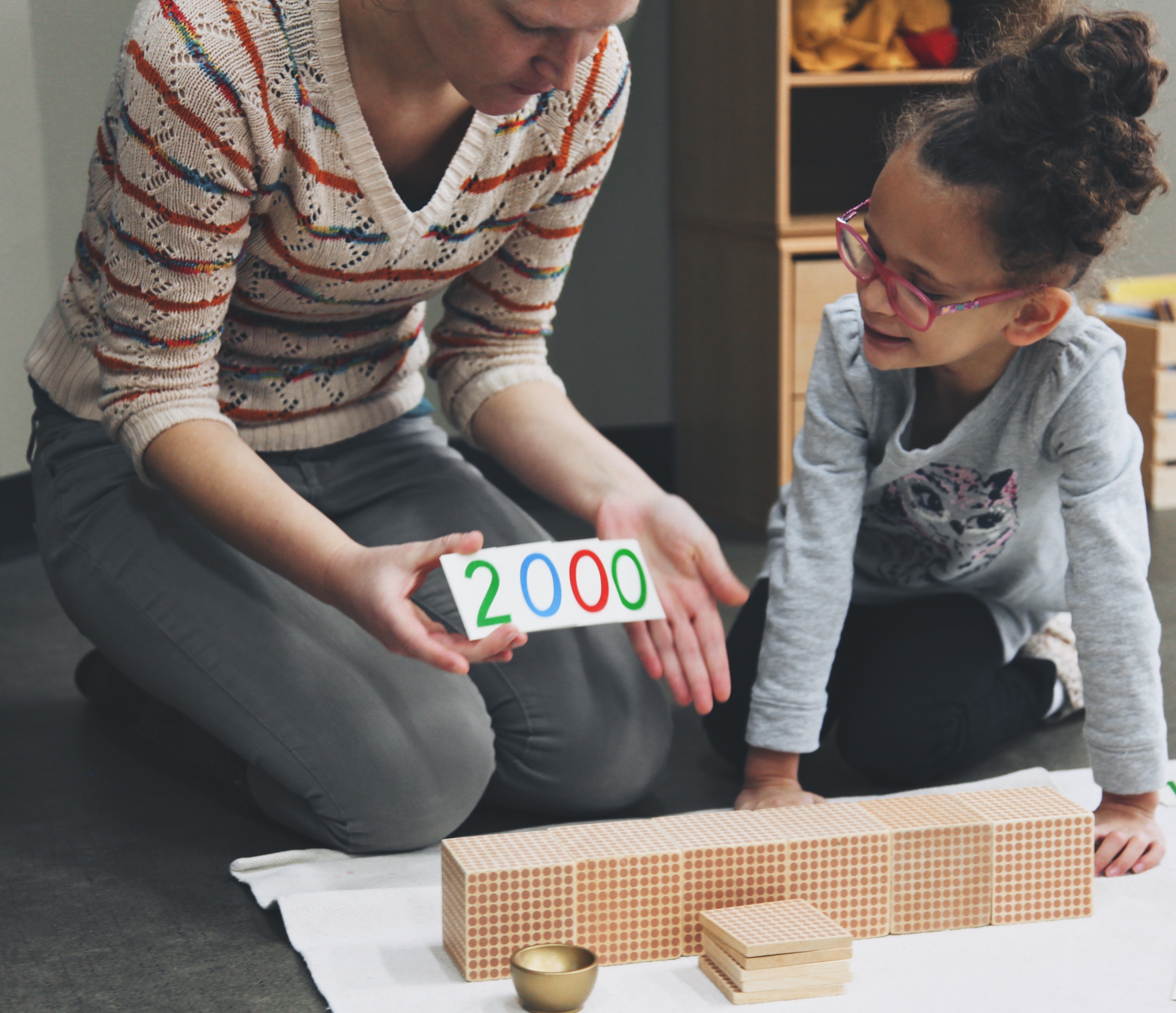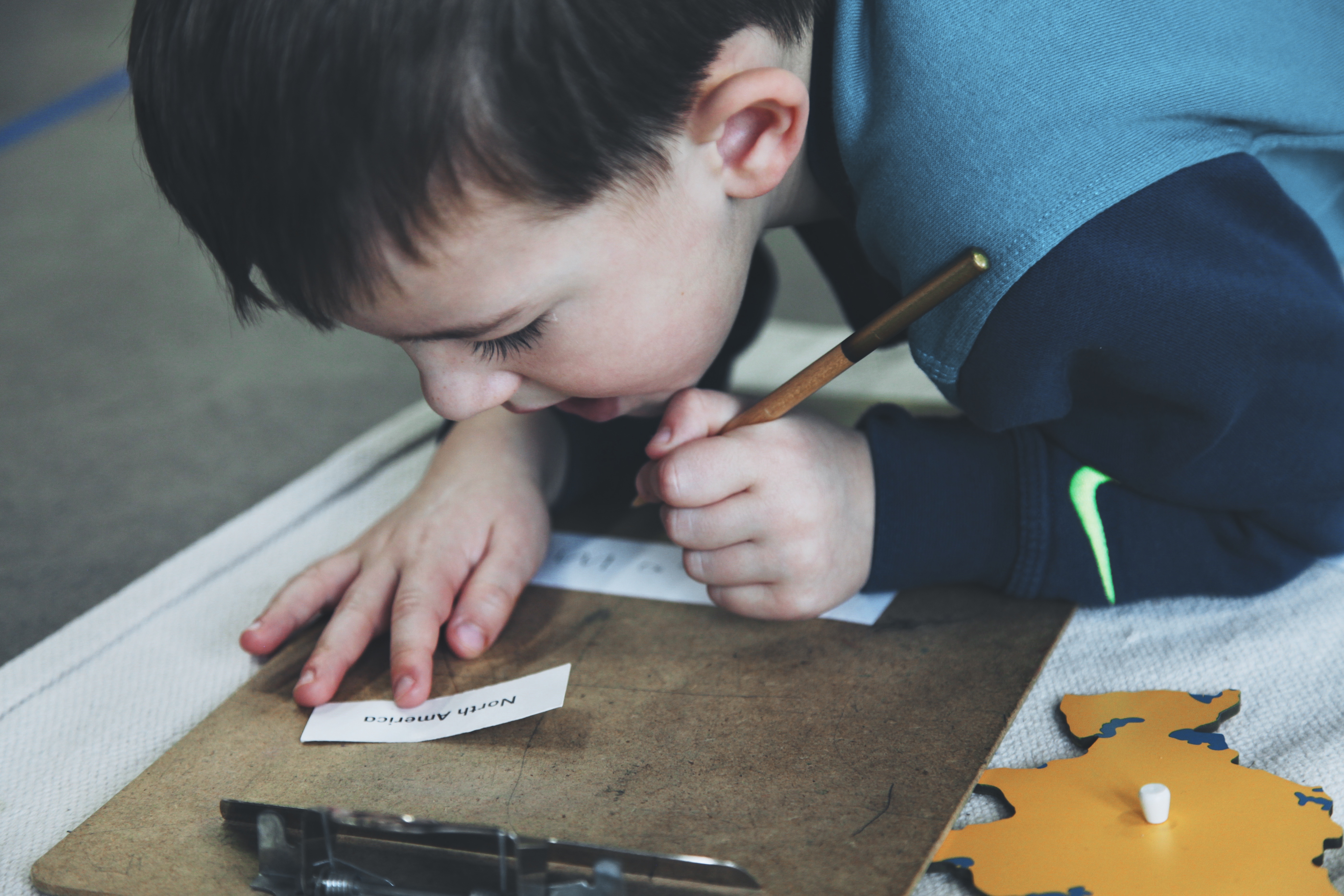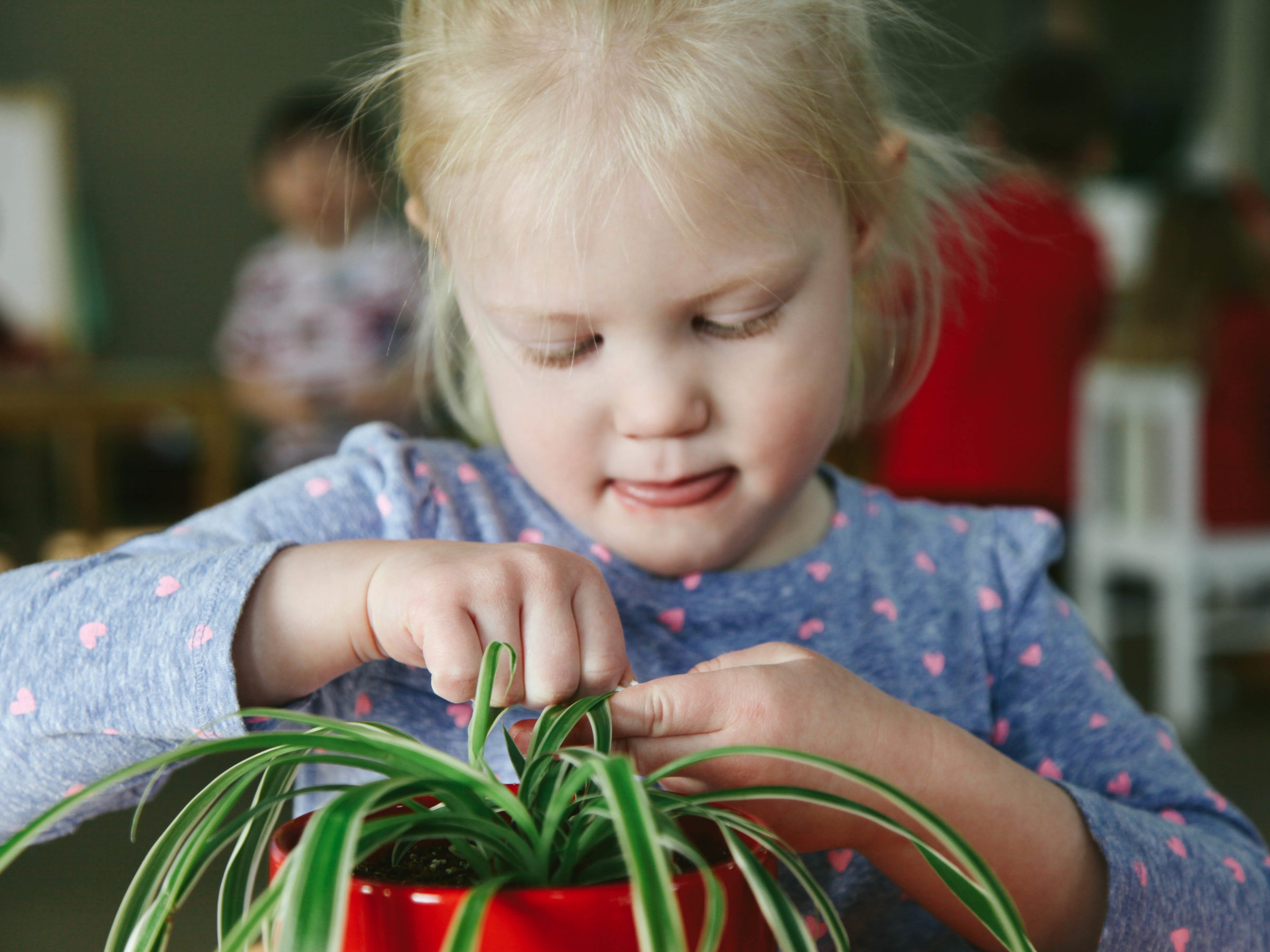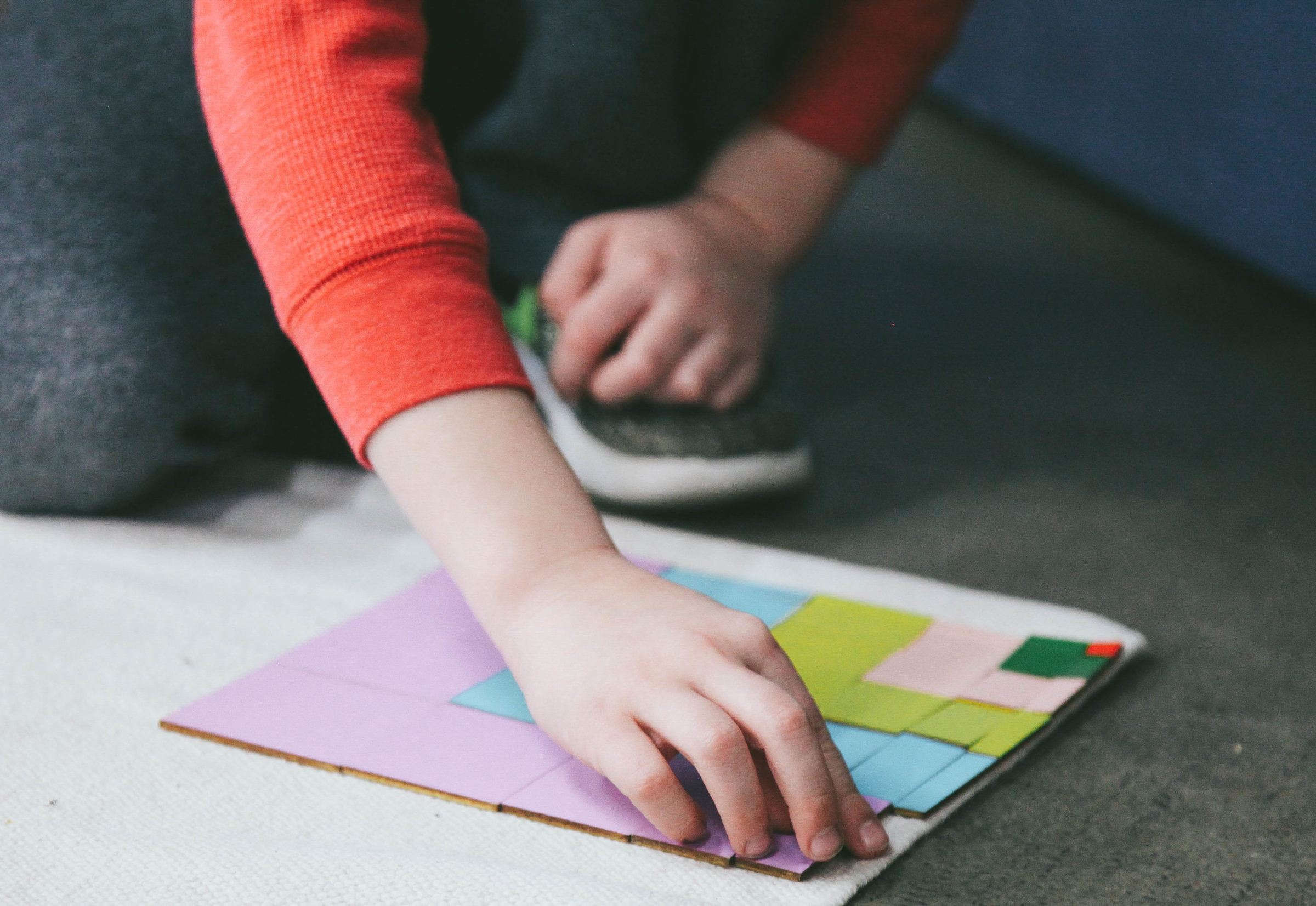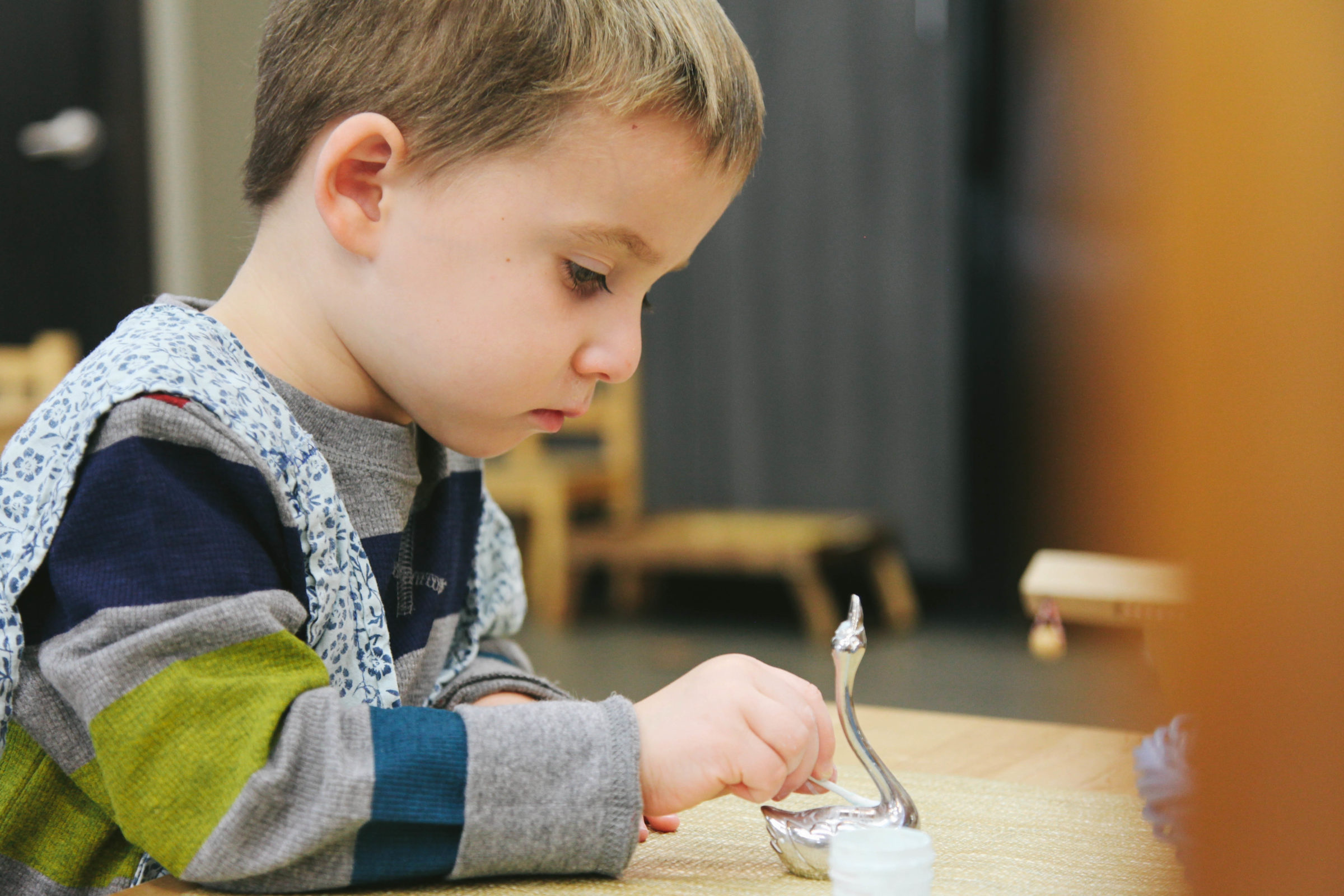Internalization Vs. Memorization
Thoughts & Reflections
Sometimes there are things you just need to know. Whether it’s specialized knowledge for your field or common knowledge that just makes life easier if you can pull the answer off the top of your head, there are certain facts, data, skills it’s better to just Know.
In school, we’re given a lot of information. Lectures are translated into notes, which we try to stuff into our brains before dropping onto a test sheet, only to overwrite with newer, now-important fact. Personally, there’s a whole list of things I forgot after it wasn’t part of daily life. Something about phylum genus species?
There are other things which can’t be forgotten. Order of Operations. Certain spelling words. Capital cities. How to diagram a sentence. Conjugating verbs in another language.
Why is some information internalized, while other information is forgotten?
Sometimes, it’s just practice. Using a word over and over and over, you get tired of seeing that red circle reminding you of this grammatical error, so you learn it. Or a word is particularly fun, like penultimate, so you find a way to work it into a sentence again and again, until it’s a natural part of your vocabulary.
Sometimes, information is interesting, or relevant, or presented in such a way that, how could this be forgotten?
In the Primary classroom, there are very few occasions when we rely on true memorization.
When a child is a fluent reader, we present him with Puzzle Words, words that can’t really be decoded and just need to be memorized. We start out with words he’ll encounter frequently, such as one and I and love, and we progress through more rare words, such as ocean or thorough. We present these as, words we just need to remember, and we play a game that looks a lot like flash cards. This is I, this is one, this is love. Give me one, give me love, give me I. What’s this?
This is with a child who’s been in your class for several years. There’s a strong relationship and sense of trust, and because nothing else has been like this, flashcards are fun!
Plus, they’re not arbitrary. Chances are, this child has encountered these words in reading already, stumbled over them, so attaching to this knowledge is helpful and pertinent. This is applicable data. We practice, practice, practice.
It sticks, because there is no Test. There is no expiration date for this knowledge. Knowing these words on sight allows you to become a more fluent reader, and from now on, you’ll probably read these words at least once a day for the rest of your life. You’ll never forget, because it’s part of who you are now.
Math is sometimes an area where we have baggage. Can we use a calculator on the test? I’m just bad at math. Squaring numbers gives me chills.
It’s also an area where we sometimes impose memorization for children. You’re going to have to know 2+2=4, even just at the grocery store, so better get started on that now.
But sometimes memorization doesn’t always work. How are you? Two, holding up two fingers. I have figured out when an adult asks me a question, I’m supposed to say two. Then at some date in the future, my parent will correct me and say, three, remember? You’re three now.
A child might be able to say, two plus two equals four, but when you ask her in-context, she struggles. You have two apples and I have two apples, how many apples do we have all together?
Memorization doesn’t always make things accessible.
In the Montessori classroom, we don’t begin math with memorizing. We begin with counting, and more specifically with counting big numbers, in the form of beads. 1374+4412. We’re going to count the units, the tens, the hundreds, the thousands, so we really have a clear understanding of math, of how numbers come together and make bigger numbers, and that’s addition.
Later, when she sits down to work independently, having worked in groups and with various materials to practice addition or division, she might read an equation, 9×3= and realize… I know the answer! I don’t need any material to tell me! Huh. How about that!
It has become part of her.
Later, this same knowledge can be extrapolated. Math in the grocery store, math halving a recipe, or doubling it, math while driving, math all day. It’s there, ready to go, and she’ll no longer need to think about it. It’s no longer active thought, it’s simply knowledge.
We work to ensure everything a child learns in these earliest years in a Montessori classroom is presented in this manner. It is applicable. It is relatable. It is relevant. It is concrete.
She works with Puzzle Maps of the World, Continents, and Countries, then we name the states, countries, and regions, identify flags, explore what life is like in these different places.
He reads labels and collects various objects, playing games with them. Not the Black horse but the Brown horse, highlighting the Adjective; suddenly reading “run” and realizing it’s not something he can Get but something he can Do highlights how different Verbs are from other parts of speech.
When things are internalized, rather than memorized, they become part of a child. There is no forgetting after the test, because there is no test. There’s just more knowledge to acquire, and the child’s capacity is limitless.
Written by:
Baan Dek
